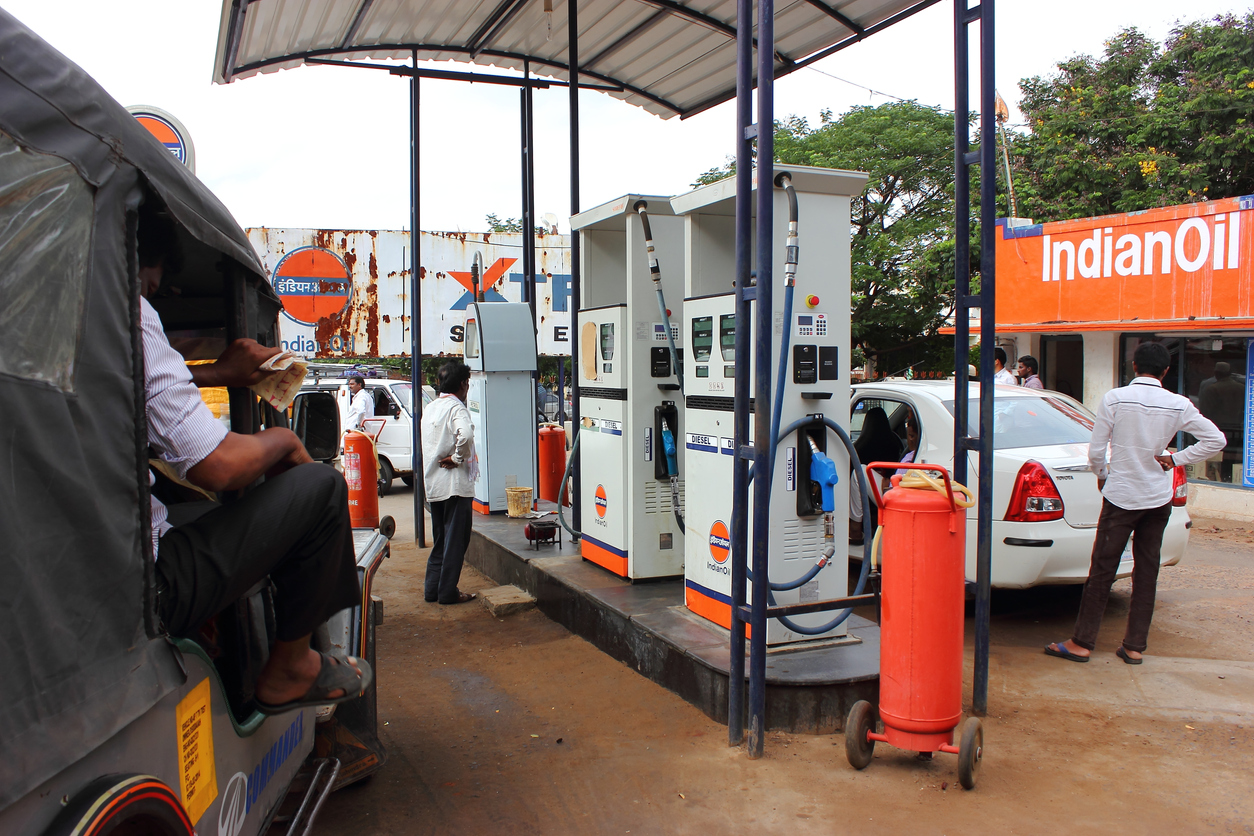
I don’t own a vehicle… why should I worry about fuel price hikes?
Explained: How and why petrol and diesel prices increase frequently, and in what way this makes a difference to your monthly budget

Fuel price hikes are now considered so much a part of routine that they don’t even make an election issue any more. While people do bemoan what they shell out at petrol pumps, and opposition parties make jibes at the government, Indians are mostly taking it with a shrug.
What is worrisome is that fuel prices have an inflationary impact on several other aspects of the economy, such as logistics costs, essential commodity prices and industrial costs.
Why do fuel prices vary from day to day, and from region to region? And how exactly does it impact the common man?
The ₹100 benchmark
When petrol prices cross the ₹100 threshold it generally makes headlines. This is more or less a psychological mark, for it represents the rate moving from a two-digit zone to a three-digit zone. Earlier, ₹50 and ₹75 had represented similar thresholds; today, these are irrelevant.
Rajasthan’s Sri Ganganagar district was the first where petrol hit a ‘century’, crossing ₹100 a litre for the first time, in mid-February. Earlier this month, diesel price, too, crossed ₹100 in that district.
On Sunday, June 27, petrol and diesel prices were increased across metros for the second day in a row. It also marked the 31st hike in fuel prices since May 4; till that day, oil marketing companies (OMCs) had maintained a hiatus in rate revision amid the Assembly elections in Tamil Nadu, Puducherry, West Bengal, Kerala and Assam.
Even as petrol-at-₹100 jokes and memes flooded social media, on Sunday, the price of petrol stood at ₹104.56 a litre and diesel at ₹96.42 in Mumbai. The prices were the highest in Bhopal, where petrol sold for ₹106.71 per litre and diesel, ₹97.63.
Also read: Economy reviving: India’s petrol, diesel consumption set to go up
In the national capital, it was ₹98.46 and ₹88.90, respectively. Chennai also witnessed a spike, with petrol retailing at ₹99.49 and diesel at ₹93.46 a litre, while the numbers in Kolkata were ₹98.30 and ₹91.75, respectively.
Why the prices vary from place to place
For several reasons, fuel has been kept out of the ambit of Goods and Services Tax (GST). Hence, fuel prices vary from one state to another with the levy of local taxes — including VAT (value added tax) — and freight charges.
It’s for this reason that Rajasthan, Madhya Pradesh, Maharashtra, Andhra Pradesh, Telangana, Karnataka, Jammu and Kashmir and Ladakh are seeing petrol at ₹100 per litre on most days. The highest VAT on fuel is seen in Rajasthan, followed by Madhya Pradesh, Maharashtra, Andhra Pradesh and Telangana.
Both for the Centre and state governments, fuel remains a cash cow. Hence, there is little effort to bring down the prices even when input costs (crude prices) fall.
Daily revisions
There is a day-to-day change in prices because India has introduced a system of daily revisions. Thus, OMCs revise fuel prices every day on the basis of the average price of benchmark fuel in the global markets in the preceding 15 days. Foreign exchange rates also make an impact on the daily revision.
Ever since Saudi Arabia, a key producer, pledged additional voluntary output cuts of 1 million barrels per day (bpd), global fuel prices have been on the upswing. The Saudi move followed an agreement between the Organisation of Petroleum Exporting Countries (OPEC) and OPEC+, which mostly comprises its oil-producing allies. Following the Saudi move, oil hit $63 a barrel.
Yet, even when crude prices were trading relatively low in the global markets, Indians did not see any fall in petrol and diesel prices in the retail market. This is because, in India, about 66% of the fuel price is accounted for by taxes and other levies. This means very little is decided by crude prices. Hence, even when global prices are low, it makes a very mild impact on local retail prices of fuel.
Why should I care?
If you own a vehicle, you pay more every time you refill the tank. Even if you don’t own one, you pay more for each trip you take on a public transport bus, Uber or flight.
This apart, all the grocery, fruits, vegetables and meat you buy is transported, and the costs are linked to diesel prices. There is cost escalation at both wholesale and retail levels every time fuel rates are cranked up.
From farmers to small traders to MSMEs to manufacturing plants, a fuel price hike pinches finances across the board.


